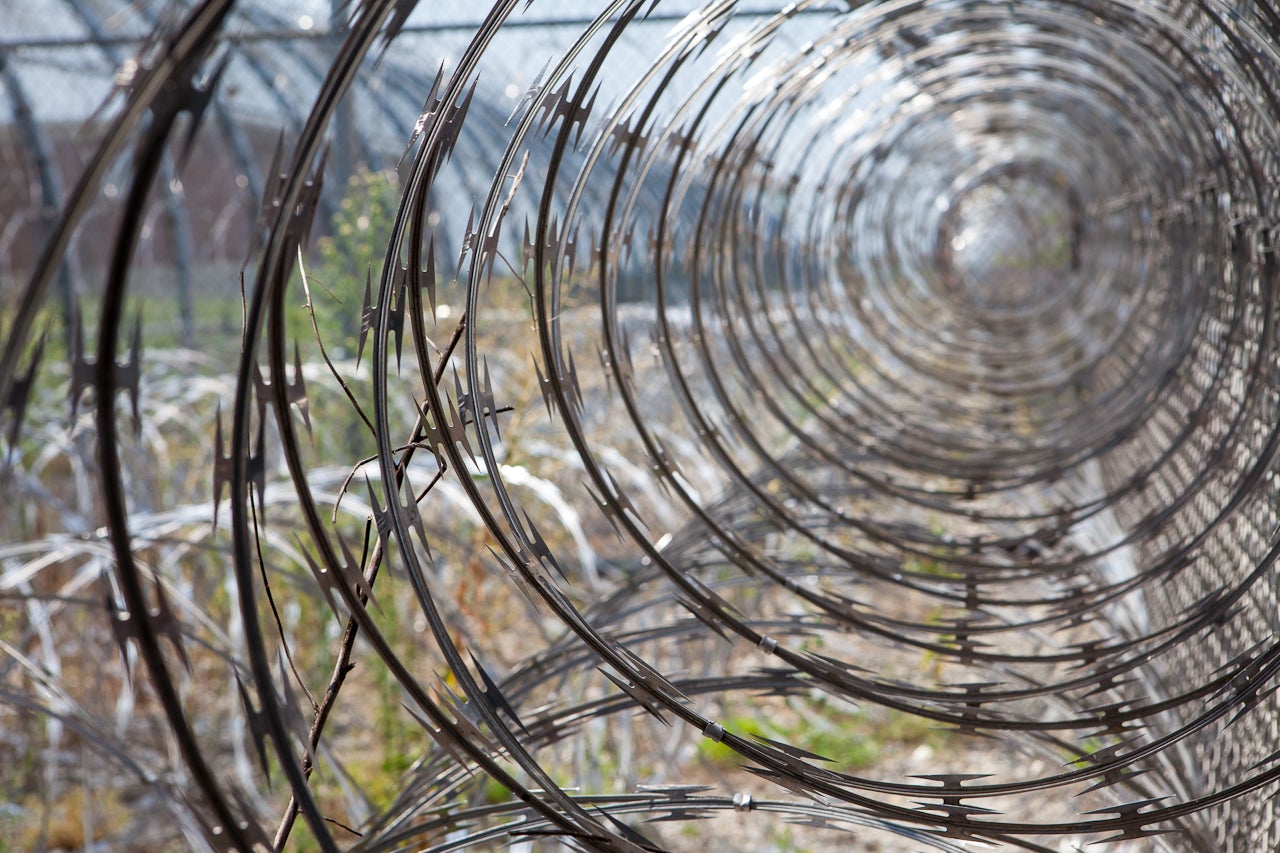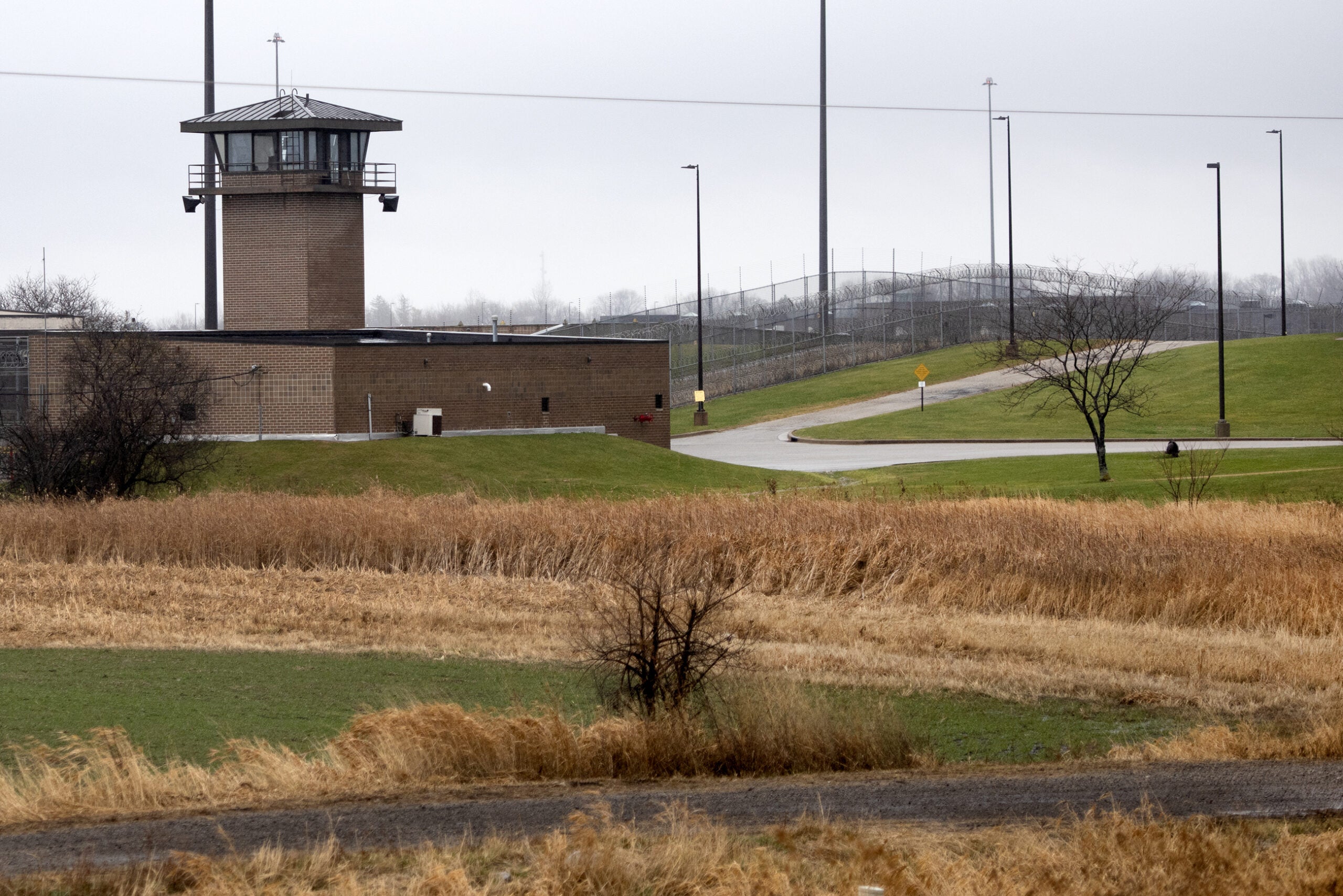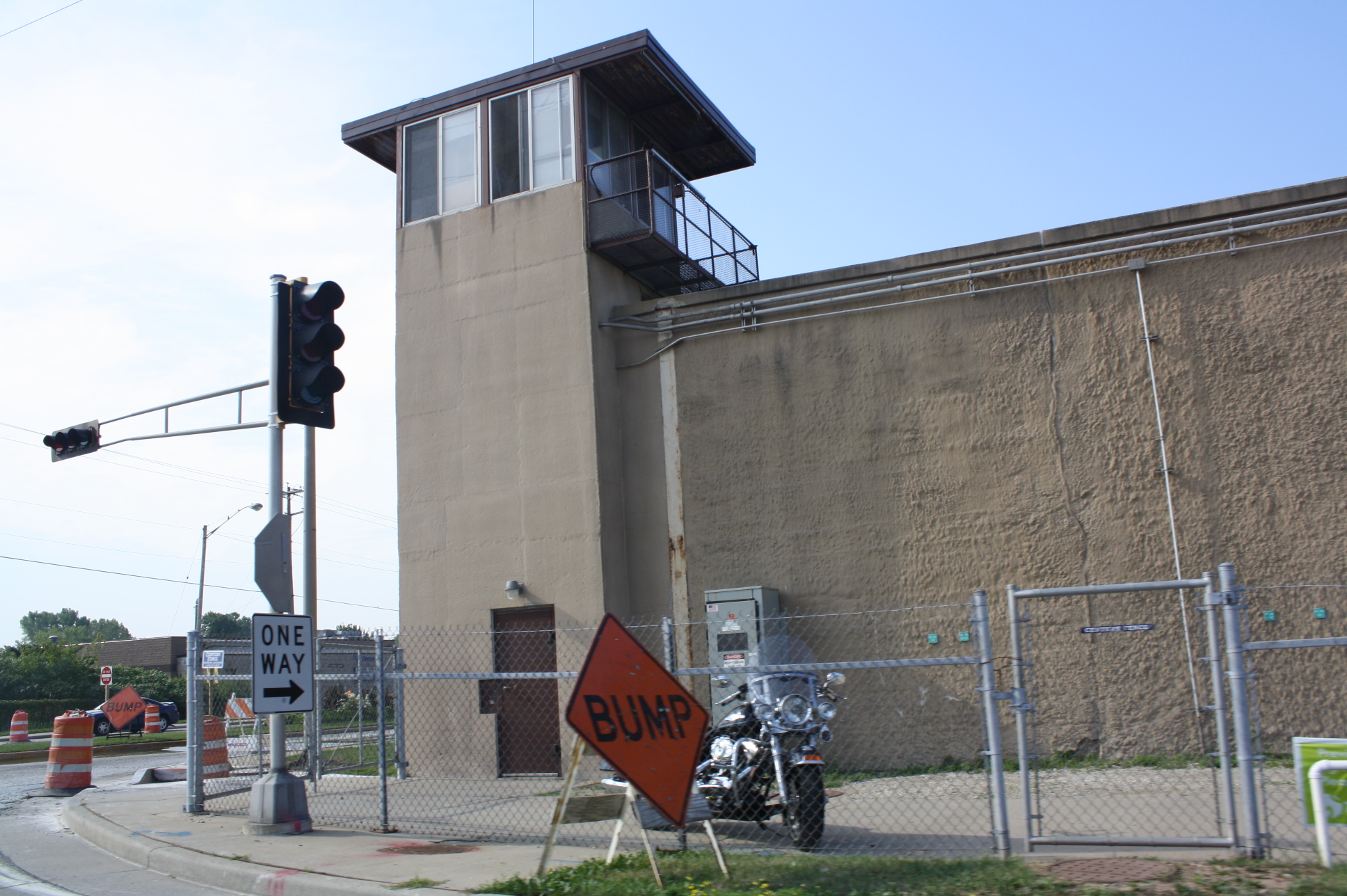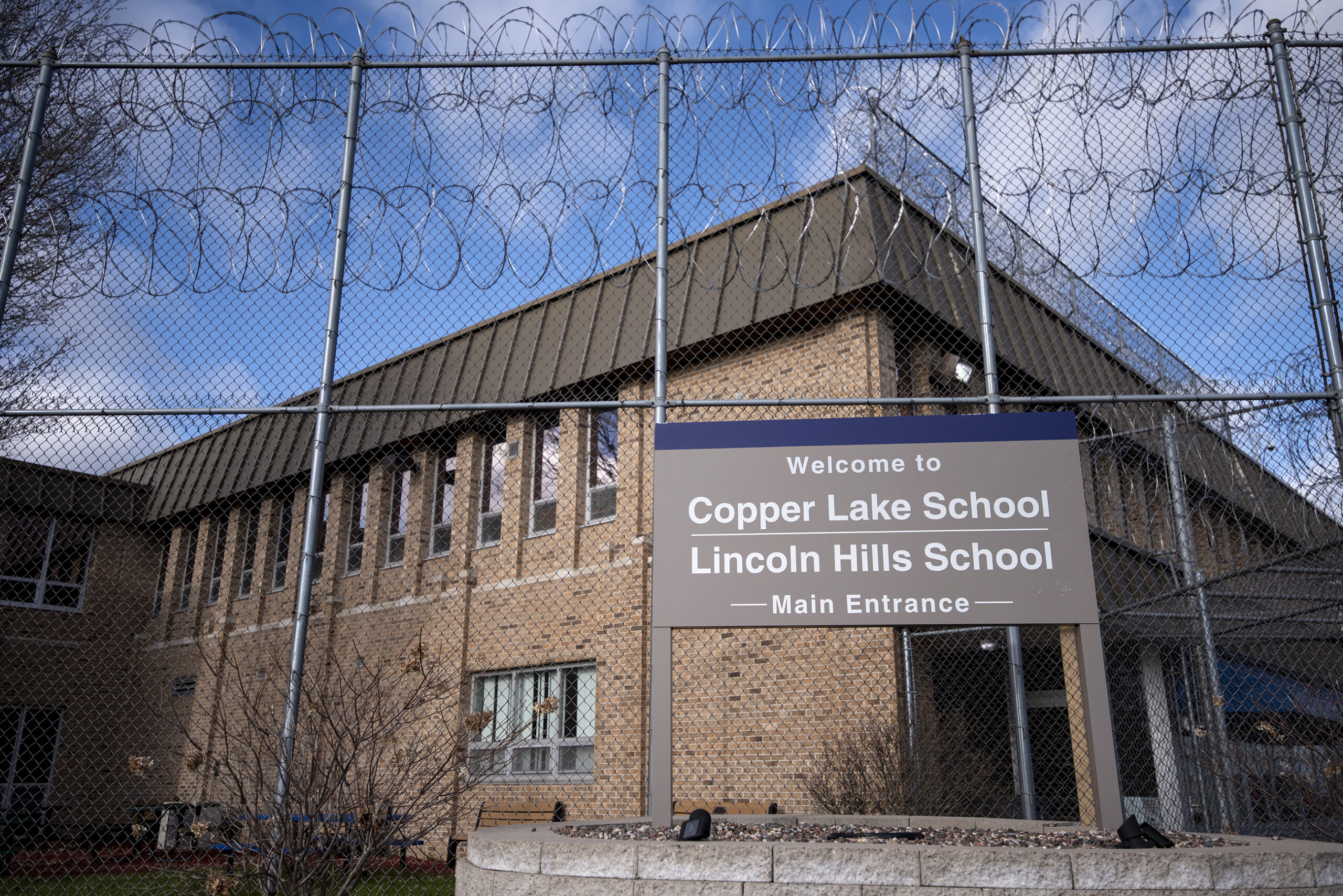For the first time in two months, the state plans to begin accepting a limited number of prisoners to correctional facilities starting June 1. The state Department of Corrections (DOC) had halted admissions to state prisons and juvenile facilities after Gov. Tony Evers issued an emergency order March 20.
DOC Secretary Kevin Carr told WPR on Tuesday that inmates are now being quarantined at Dodge Correctional Institution, the state’s intake facility for all prisoners, in preparation of accepting new admissions from county jails.
“Some of the sheriffs throughout the state have expressed a strong desire to start to transfer individuals that have been sentenced by the court to prison, and it’s backing up their populations. It’s increasing their populations,” said Carr. “So, we’re working together with the sheriffs to try to alleviate some of their population concerns in a very measured and incremental way.”
News with a little more humanity
WPR’s “Wisconsin Today” newsletter keeps you connected to the state you love without feeling overwhelmed. No paywall. No agenda. No corporate filter.
Some sheriffs have been taking their own measures to reduce jail populations during the coronavirus pandemic.
To accept new prisoners to the state’s intake facility, Carr said inmates have to be transferred to other facilities throughout the state. DOC is working with counties one-on-one to determine the rate of new admissions it can accept from jails. All individuals would be quarantined for 14 days and tested before moving into the general prison population.
Leticia Dennis reached out to WPR’s WHYsconsin because she’s concerned about the health of her fiancé Dean Jansma, who is being held under quarantine at Dodge Correctional Institution after being imprisoned for driving a vehicle under the influence of a controlled substance. She said he’s set to be transferred to the Chippewa Valley Correctional Treatment Facility next week.
But, Dennis is worried because her fiancé has COPD, a chronic lung disease. She would like to see him released early because of his underlying condition, adding her fiancé is a nonviolent offender who’s eligible for release within the next year.
“He is very susceptible to everything … so if he were to catch the COVID-19, he could definitely die,” she said.
Dennis said Jansma told her over the phone that he was recently tested for the virus, but the results are still pending.
The American Civil Liberties Union of Wisconsin among other groups have been pushing for the release of elderly and vulnerable people in state prisons due to overcrowding, making social distancing extremely difficult. The group filed a lawsuit, but the Wisconsin Supreme Court declined to take up the case.
ACLU of Wisconsin staff attorney Tim Muth said the moratorium on new admissions was the only factor reducing the population. He said restarting admissions without any policy changes will only make facilities more crowded.
“And that just increases the risk of a serious outbreak in the prisons,” said Muth.
Carr said his authority to release individuals from a court-ordered sentence is limited, noting the majority would be released by a court or the Wisconsin Parole Commission. Yet, groups like Ex-Incarcerated People Organizing (EXPO) renewed their call for Evers to use his power to release individuals from prison.
DOC said it’s released 1,447 people from holds in jails from March 2 through May 4. Carr said seven people have been released from prison since March 2 on certain earned release.
Meanwhile, correction officials say work is ongoing to prevent the spread of the virus within facilities through a variety of measures that include enhanced cleaning, providing personal protective equipment, screening staff and testing.
Testing At State Correctional Facilities
As of Wednesday, there were 40 people housed at state facilities who had tested positive for COVID-19, and there have been 33 confirmed cases among staff. DOC has tested 782 inmates so far, which make up a fraction of the roughly 22,000 people housed at state correctional facilities. Up until recently, testing was limited to those showing symptoms of the virus due to a shortage of testing supplies.
Last week, the Wisconsin National Guard assisted with testing all inmates at Felmers O. Chaney Correctional Center and Marshall E. Sherrer Correctional Center in Milwaukee after one of the facilities had four positive cases of COVID-19, Carr said. Testing is underway this week for all inmates at the Milwaukee Women’s Correctional Center and Milwaukee Secure Detention Facility, the latter of which has seven staff who have tested positive for the virus.
Carr said criteria for prioritizing which facilities will be tested includes the number of positive tests in a specific geographic area, noting Milwaukee County has the most confirmed cases of COVID-19 statewide at more than 5,300 as of Wednesday.
Carr said they plan to test all inmates and staff “as soon as it can practicably be done.”
In a statement Tuesday, the American Federation of State, County and Municipal Employees of Wisconsin — or AFSCME — said corrections staff lack a voice in their role because they are barred from bargaining.
“Decisions about corrections staff and inmates’ COVID-testing at institutions, how and when to safely allow public visitation, and changes to interactions in the institutions when cases are detected, are best informed by the people performing these essential duties,” said AFSCME Wisconsin Executive Director Patrick Wycoff. “They, and all essential employees, deserve the same workplace rights as police and fire. They deserve a seat at the table to negotiate over their working conditions, safety, hours, and compensation.”
Carr said the DOC is trying to balance operations while taking the necessary steps to mitigate the risks of COVID-19 across facilities.
“We’re focused like a laser beam on doing what we can to keep people safe, and that is going to be our primary objective as we move forward,” said Carr.
Inmates Under Quarantine
As testing has increased, the number of inmates under quarantine had also grown to 1,068 people and 43 individuals were in isolation as of Wednesday. Quarantines separate and restrict inmates’ movements while isolation separates sick people experiencing symptoms from those who are well. Carr said Tuesday more than one third of those under quarantine — 383 people — were housed at the Sturtevant Transitional Facility and Racine Correctional Institution after a staff member tested positive. Racine County has the third highest number of confirmed COVID-19 cases in the state.
“We tried to contain that exposure based on living units or a particular section of an institution or an entire institution,” said Carr.
Those being held at the state’s 36 correctional facilities have been under limited movement since COVID-19 took hold, which restricts some activities and gatherings of inmates typically to 10 people or less. DOC has also been moving people in cohorts, so they minimize contact with others. While the agency encourages the use of masks, they’re not required except in circumstances that include moving or working with COVID-19 patients.
When positive cases are confirmed, Carr said the department suspends administrative rules and people are more confined to their cells. As of May 5, seven DOC institutions had done just that, and all but one suspension followed a confirmed coronavirus case.
“But, they still can get out for a lot of the things that they need to do like showers and telephone calls,” said Carr.
The ACLU of Wisconsin and Wisconsin Justice Initiative have filed records requests seeking information about the department’s response during the pandemic. The Justice Initiative is seeking information about what constitutes acceptable quarantines or isolations and where they occur, as well as policies and protocols on testing inmates and staff.
According to DOC, at least one person is under quarantine at the following 28 facilities:
- Columbia Correctional Institution
- Chippewa Valley Treatment Facility
- Drug Abuse Correctional Center
- Dodge Correctional Institution
- Felmers O. Chaney Correctional Center
- Fox Lake Correctional Institution
- Green Bay Correctional Institution
- Gordan Correctional Center
- Jackson Correctional Institution
- Kenosha Correctional Center
- Kettle Moraine Correctional Institution
- Marshall E. Sherrer Correctional Center
- Milwaukee Secure Detention Facility
- Milwaukee Women Correctional Center
- New Lisbon Correctional Institution
- Oregon Correctional Center
- Oakhill Correctional Institution
- Oshkosh Correctional Institution
- Prairie Du Chien Correctional Institution
- Racine Correctional Institution
- Robert E. Ellsworth Correctional Center
- Redgranite Correctional Institution
- Racine Youthful Offender Correction Facility
- Stanley Correctional Institution
- Taycheedah Correctional Institution
- Winnebago Correctional Center
- Waupun Correctional Institution
- Wisconsin Secure Program Facility







